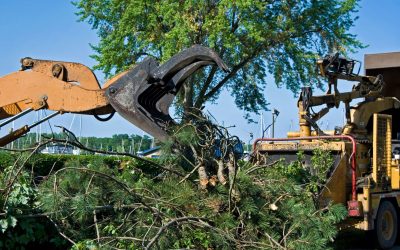Hospitals need access to backup power in case of a storm or other disaster. If the main electricity supply in the city is cut or lost, even temporarily, the lives of many who are in the hospital are in danger. Hospitals recognize this and invest in uninterruptible power supply systems. Depending on the backup power supply system used by the hospital, they could rely on that for many hours to keep machines running and perform other essential activities to protect patients.
It is not only hospitals that benefit from using uninterruptible power supply systems. Data centers and financial institutions need constant access to power. If they do not have this access, critical information may be lost. There would be other negative consequences as well. For example, think of the number of businesses that rely on data centers to maintain their websites and perform other important tasks. If customers do not have access to these businesses, the reputations of these businesses could be damaged. This could lead to a loss of customers and other negative consequences.
Even those in a residential setting benefit from having a backup power supply. This is especially important in areas where natural disasters occur on a regular basis. Think of areas along the coast where storms occur regularly. It is common for the electricity to go out. When homes have a backup power supply, those who live in the home are able to stay comfortable. The food in their refrigerator stays cold. Their router and electronic devices function, which means they can communicate with others. They can still regulate the temperature in their home.


